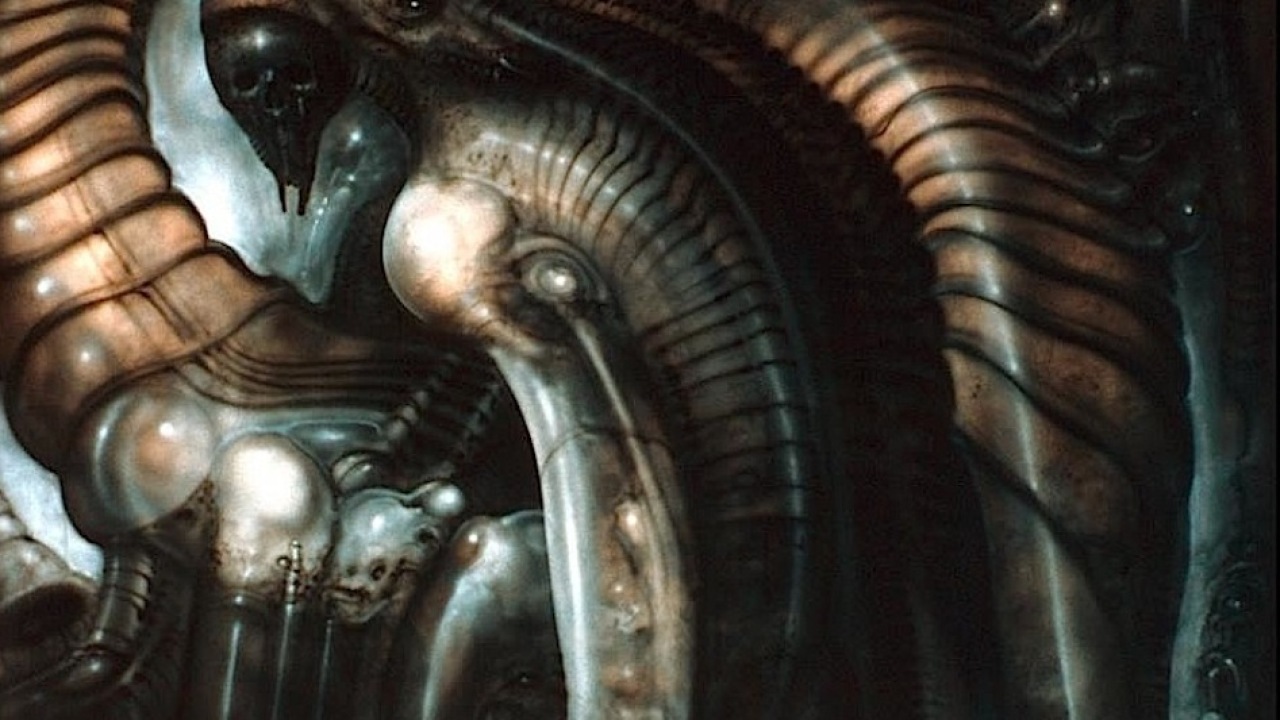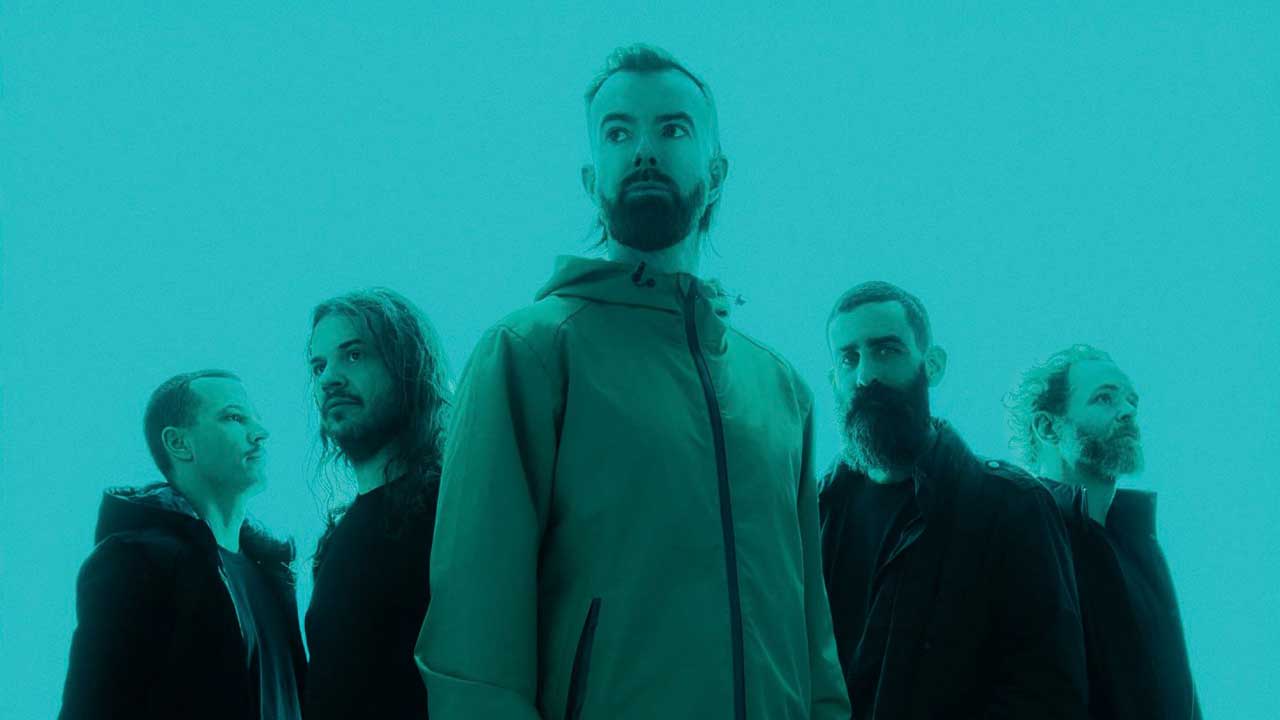You can trust Louder
As a result of metal's ongoing expansion and diversification, notions of what it means to be 'heavy' have become as numerous and variable as the music itself. For some, 'heavy' is simply a matter of sonic power and precision; for others, everything hinges on the harnessing of atmosphere and otherworldly heft. But for Thomas Gabriel Fischer, whether as driving force behind Hellhammer and Celtic Frost or in more recent times as leader of Triptykon, heaviness has always emanated from within because, as is more than apparent from everything he says and does in the public eye, life is heavy and death, the inescapable black cloud on all of our horizons, represents the moment when that heaviness crushes our souls to dust.
Having begun their story with Eparistera Daimones, an album that reaffirmed the Swiss legend’s mastery of riff-driven musical oppression and catharsis, Triptykon have little to prove on album number two. Bearing their uniqueness like a virulent but inspirational affliction, they have already constructed such a convincing and compelling world of sound that any variations on established themes would stand proudly and dramatically apart from 99% of everything released under the metallic banner this year. But while Melana Chasmata shares plenty of its predecessor’s structure and gait, that core of continuity comes shrouded in a fog of new ideas and inexorable regeneration. And yes, Melana Chasmata is gloriously and unfathomably heavy too.
First track Tree Of Suffocating Souls is the perfect bridge between Triptykon’s first chapter and this new, more elaborate unfolding. Those riffs – impossibly dark and wild, but never less than dogmatic and dignified – are instantly recognisable but subtly reimagined in more complex sonic shades, while the arrival of Thomas’s unmistakable growl sounds evermore like an echo from the mortal abyss. Similarly, the deeply unsettling Boleskine House – named after the former residence of notorious occultist Aleister Crowley – stridently mirrors the first album’s dense myopia while dropping nebulous hints about where this journey is heading next.
As mesmerising as those first two songs are, it is the next – Altar Of Deceit – that truly threatens to bring reality crashing down around us. Channelling the raw horror of Hellhammer’s Triumph Of Death, Triptykon wield riffs so pitch-black and pernicious that their dismal aura promises to block out the sun forever and, suddenly, the word ‘heavy’ no longer seems sufficient to describe what’s happening.
Fittingly, the mischievous spectres of industrial icons Einstürzende Neubauten and no-wave gurus Swans rear their heads on Demon Pact and Aurorae respectively: two songs that, again, meticulously tinker with this band’s formula without losing its inherent power or bleak emotional oomph. And then Black Snow arrives: an excruciating but purifying exercise in three-dimensional morbidity and nihilistic grandeur that is, seemingly by accident, as disorientating and woozily hallucinatory as any more self-consciously psychedelic modern metal fare.
An exhausting but ultimately rewarding trip through the grim catacombs of consciousness, Melana Chasmata delivers the goods and sets the rulebook ablaze. Right now, Triptykon are untouchable and, inevitably, as heavy as it gets.
Sign up below to get the latest from Metal Hammer, plus exclusive special offers, direct to your inbox!

Dom Lawson began his inauspicious career as a music journalist in 1999. He wrote for Kerrang! for seven years, before moving to Metal Hammer and Prog Magazine in 2007. His primary interests are heavy metal, progressive rock, coffee, snooker and despair. He is politically homeless and has an excellent beard.

